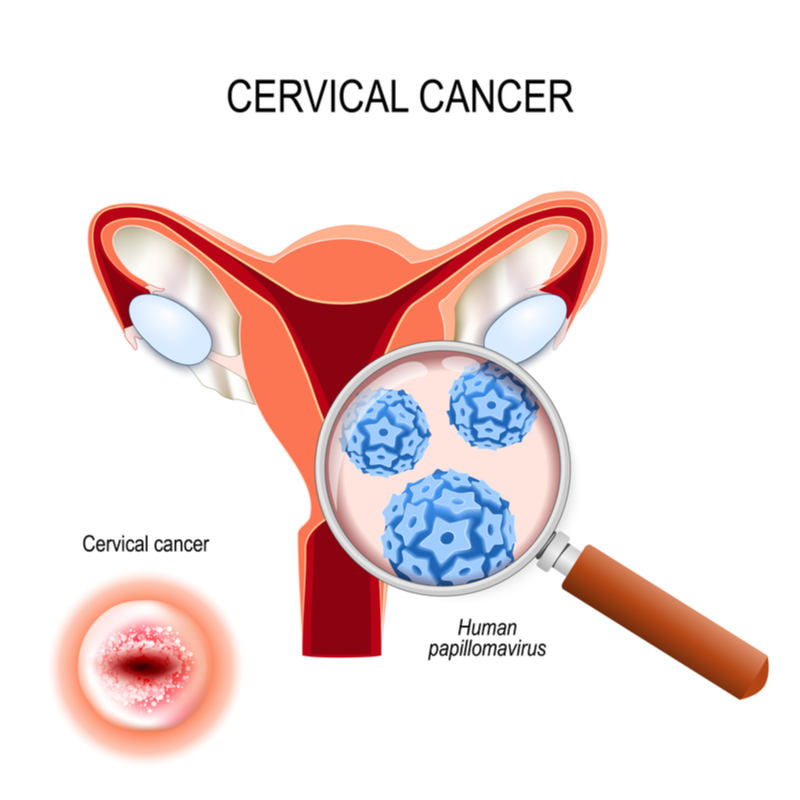
Cervical cancer screening
Cervical cancer arises in cells of the cervix, the lower portion of the uterus extending to the vagina. It is mainly caused by the Human Papillomavirus (HPV), which is a sexually transmitted disease. Additional risk factors involve smoking, impaired immune system, and prolonged usage of oral contraceptives.
During its initial stages, cervical cancer is often asymptomatic. As it advances, though, symptoms such as abnormal vaginal bleeding, pelvic discomfort, and irregular discharge can develop. Early diagnosis through routine screening is the key to successful treatment.
Importance of Cervical Cancer Screening
Screening for cervical cancer saves lives by identifying precancerous changes in the cervix before they become cancer. In Nagpur, where healthcare infrastructure is improving fast, screening programs have become more accessible. Regular screening not only decreases the risk of advanced cancer but also decreases the cost of treatment and enhances outcomes.
In addition, screening educates women on their health, motivating them to take preventive action. For example, the HPV vaccine, when used in conjunction with regular screening, can greatly lower the risk of cervical cancer.
Cervical Cancer Screening Methods
- Pap Smear Test: This is the most common screening method, where a sample of cells from the cervix is collected and examined for abnormalities.
- HPV Test: This test detects the presence of high-risk HPV strains that can lead to cervical cancer.
- Visual Inspection with Acetic Acid (VIA): A cost-effective method where the cervix is visually inspected after applying acetic acid to identify abnormal areas.
- Liquid-Based Cytology (LBC): An advanced version of the Pap smear, offering more accurate results.
Symptoms and Stages
- Abnormal vaginal bleeding (between periods, after intercourse, or after menopause)
- Unusual vaginal discharge, often foul-smelling
- Pelvic pain or pain during intercourse
- Fatigue, weight loss, and loss of appetite in advanced stages
Why Early Detection Matters
- Prevents Cancer Development: Screening identifies abnormal cells that can be treated before they turn cancerous.
- Improves Survival Rates: Early-stage cervical cancer has a 5-year survival rate of over 90%, compared to less than 20% for advanced stages.
- Reduces Treatment Costs: Detecting cancer early reduces the need for expensive and invasive treatments.
Benefits of Regular Screening
- Empowers Women: Regular screening encourages women to take charge of their health.
- Reduces Mortality Rates: Countries with organized screening programs have seen a significant decline in cervical cancer deaths.
- Provides Peace of Mind: Knowing your health status can alleviate anxiety and promote well-being.Contact Us
Conclusion
Cervical cancer screening in Nagpur has become more accessible and effective, thanks to advancements in healthcare and awareness campaigns. By prioritizing regular screening and adopting preventive measures, women can protect themselves from this preventable disease. If you haven’t been screened yet, now is the time to take charge of your health.Schedule your Consultation with Dr. Ritesh Nawkhare
